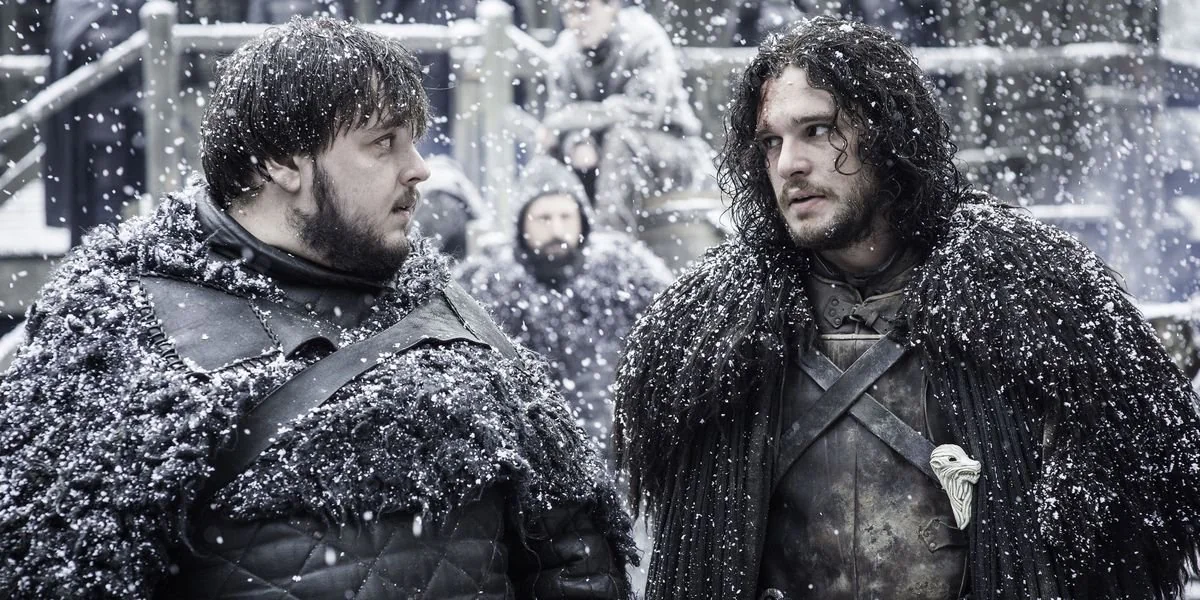In the realm of television and literature, few narratives have captured the imagination quite like “Game of Thrones.” At the heart of this epic saga lies the coveted symbol of power: the Iron Throne. It’s not merely a piece of furniture; it embodies the ruthless dynamics of power and intrigue that define the world of Westeros.
In “The Iron Throne: Game of Power and Intrigue,” viewers are thrust into a world where noble houses vie for supremacy, alliances are forged and broken with the stroke of a pen, and betrayal lurks around every corner. The allure of the Iron Throne is undeniable, drawing characters into its gravitational pull, each with their own ambitions and agendas.
From the honorable Ned Stark to the cunning Cersei Lannister, from the exiled Daenerys Targaryen to the enigmatic Jon Snow, every character in “Game of Thrones” is entangled in the complex web of power surrounding the Iron Throne. It’s a throne stained with blood, built upon centuries of conquest and treachery, yet still coveted by those who dare to dream of ruling the Seven Kingdoms.
But amidst the political machinations and battles for supremacy, “The Iron Throne” is more than just a symbol of power—it’s a mirror reflecting the darkest aspects of human nature. Greed, ambition, and betrayal are laid bare as characters navigate the treacherous waters of Westerosi politics, each striving to claim the ultimate prize.
Yet, as the series unfolds, viewers come to realize that the Iron Throne is a double-edged sword. It brings wealth and influence to those who sit upon it, but it also exacts a heavy toll. Countless lives are lost in its pursuit, families are torn apart, and alliances crumble like sandcastles before the tide.
“The Iron Throne: Game of Power and Intrigue” is more than just a story—it’s a cautionary tale about the corrupting nature of power and the lengths to which individuals will go to attain it. As viewers journey through the tumultuous landscape of Westeros, they are reminded that in the game of thrones, you win or you die.
So, as we reflect on the legacy of “Game of Thrones” and the allure of the Iron Throne, let us not forget the lessons it imparts. Power, like the Iron Throne itself, is a fragile and fleeting thing, and those who grasp for it may find themselves consumed by the very darkness they sought to conquer.





